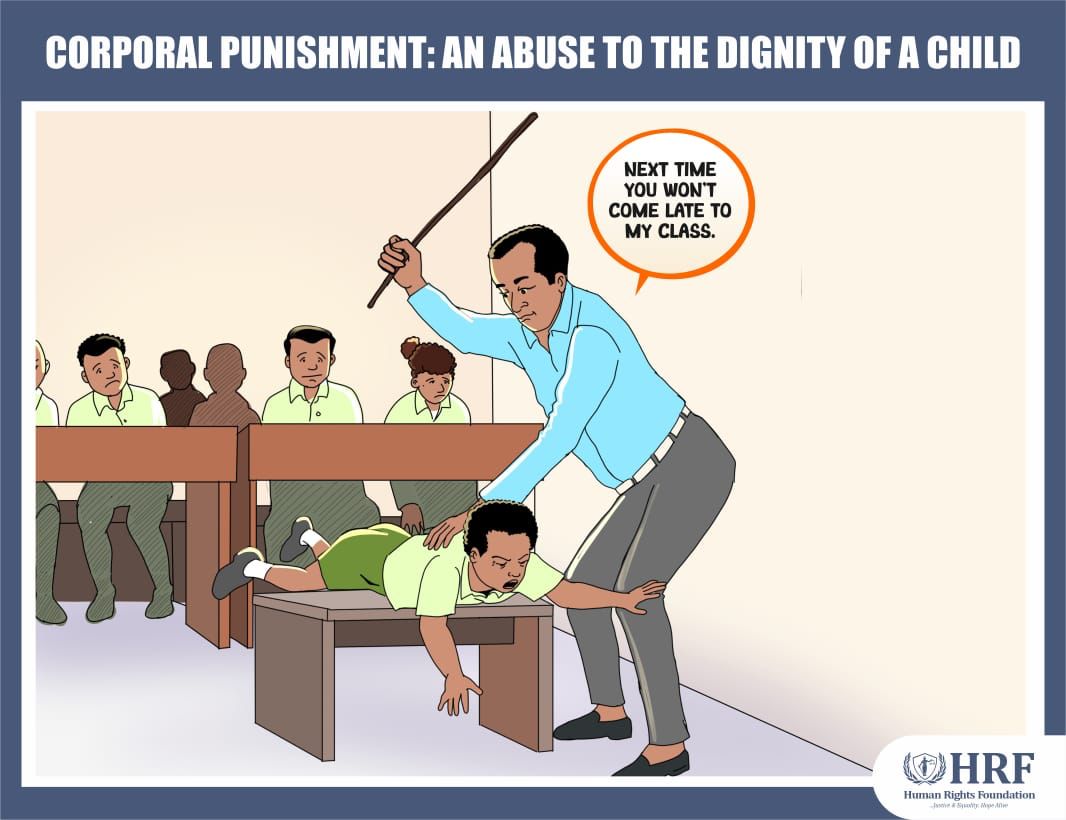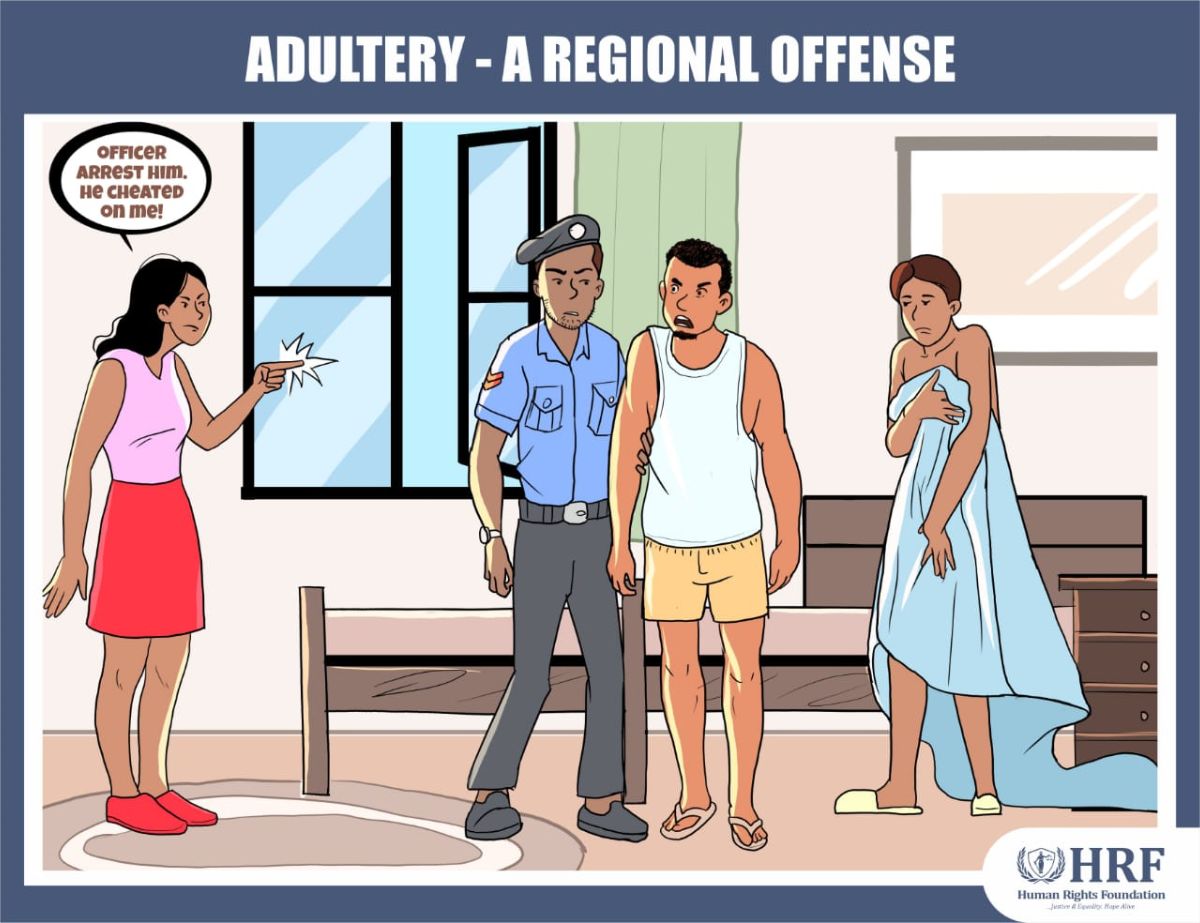.jpg)
The recent abduction of Barrister Onyesom Peace Udoka, a young lawyer who had only just been called to the Nigerian Bar on the 23rd of September 2025, is a grave reminder of the worsening state of insecurity in our nation.
According to FIDA, on Udoka’s way home from Abuja to Benin, full of hope and excitement to begin her legal career, she was intercepted around Lokoja, Kogi State, and taken away by kidnappers who are now reportedly demanding a ransom of twenty million naira. What should have been a season of joy for her family, her colleagues, and the wider legal community has been turned into a nightmare. This incident is not just about one lawyer; it is about the collapse of the most basic guarantees of human rights in Nigeria, the right to life, liberty, dignity, and personal security.
Kidnapping is not merely a crime against the person; it is an assault on the entire social order. It strips away dignity, subjects victims to trauma, and reduces the nation’s claim to be a society governed by law. For a lawyer, an officer of the court, trained to uphold justice, to become the victim of such impunity sends a dangerous signal that no one is safe, not even those who dedicate their lives to the defense of justice and rights. The gender dimension of this crime makes it even more troubling. As a young woman, she faces not only the risks of ransom-driven violence but also possible gender-based violence, which is a cruel reality that too many female victims of abduction endure in silence. This further compounds the violation of her human rights and should never be tolerated in a country that claims to protect the equal rights of its citizens.
The State bears the primary responsibility to protect citizens from such violations, yet cases like this highlight systemic failures in policing, intelligence gathering, and road safety along major highways. When kidnappers operate so openly, targeting travelers with ease and demanding huge ransoms without fear of swift justice, it reflects a collapse in deterrence and accountability. How can Nigerians trust a system that cannot secure its own judicial officers? The trauma of this abduction extends beyond the victim; it shakes the faith of every young lawyer, every parent, and every citizen who dares to travel on Nigerian roads. It erodes the very confidence in the government’s ability to uphold its side of the social contract.
As human rights advocates, we must insist that this case not be treated as another passing headline. The Nigerian Bar Association must rise to its duty of advocacy, support, and pressure. The federal and state governments must immediately prioritize security along transit routes, using not just checkpoints but intelligence-driven surveillance, rapid-response teams, and modern policing tools. This is not simply about deploying force; it is about ensuring that citizens are not abandoned to the mercy of criminals. The police must investigate this case transparently, secure her safe release, and bring the perpetrators to justice in a manner that restores public confidence. Civil society and the media must amplify this matter, ensuring that it does not fade into obscurity until justice is done.
In the long term, the government must address insecurity with seriousness: reforming security institutions, strengthening community policing, investing in road infrastructure, lighting, and communication networks along highways, and ensuring that kidnappers face swift and sure punishment. The law already criminalizes kidnapping, but what use is the law when enforcement is weak and trials are endlessly delayed? Human dignity demands more than words; it requires action. Victims of kidnapping must also be given access to psychological and social support, for the trauma does not end when ransom is paid or when freedom is regained.
Though Udoka regained her freedom a week after the kidnapping, the incident remains a stain on our nation’s conscience. It is a brutal reminder that the rights enshrined in our Constitution and international treaties are still treated as empty promises. It is unacceptable that a young woman, just stepping into her professional life, is instead subjected to terror, and her family forced to negotiate her very existence with criminals. This must be the turning point. We must collectively insist that Nigeria is better than this. Every life matters, every citizen deserves safety, and no celebration of achievement should ever end in abduction. It is time for decisive action, for the State to prove that human life and dignity are indeed its highest priorities.



.jpg)
0 Comments